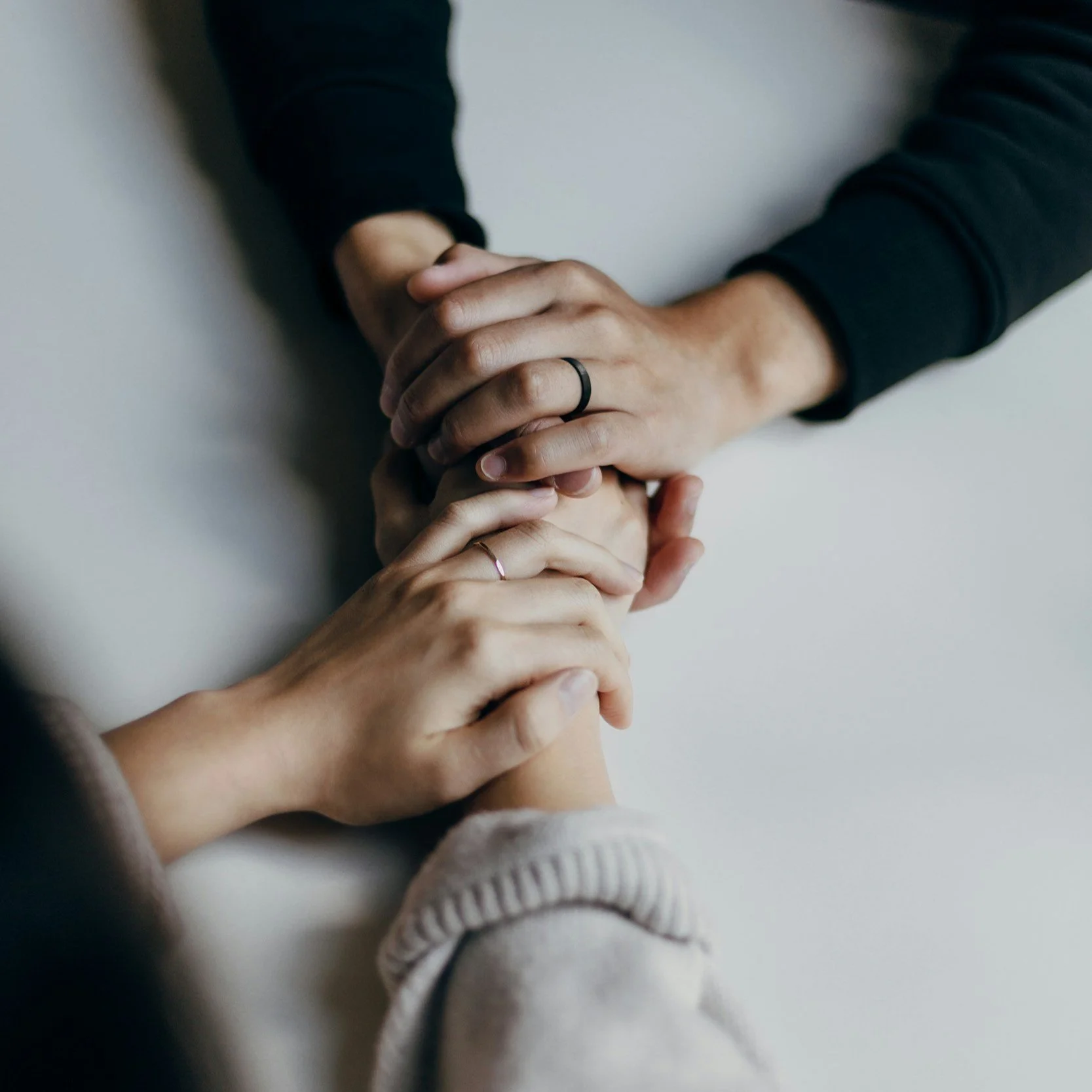Welcome to the Blog.
Mental Health Awareness Month: let’s talk about what’s really going on


May is Mental Health Awareness Month. And while that might mean a quick social media campaign or a “take a day off” email from corporate, the truth is deeper—and messier—than a press release can fix.
In Episode 64 of the Being Better Everyday Podcast, I took a break from the usual business chat to get honest about what mental health looks like for working women today—especially those of us navigating corporate America, family life, and the ever-growing mental load.
The reality of “mental health support” in Corporate America & Burnout in Working Moms
Let’s just say it: there’s a disconnect.
Companies talk a big game about mental health. They send emails, hand out a floating day off, maybe even host a webinar. But what good is a day off when the work just piles up while you’re gone?
In this episode, I shared my personal experience with burnout as someone working full time in a demanding corporate job, while also running a business, raising a daughter, and managing a household. When the “support” doesn’t include reducing workload or acknowledging the invisible labor women are carrying every day, it’s not really support—it’s lip service.
The stats back it up:
-
75% of women report feeling burned out at work (compared to 58% of men)
-
Only 13% of employees feel safe discussing mental health at work
And for those of us in our 30s and 40s? Add hormonal changes, caretaking responsibilities, and zero built-in support for reproductive health or emotional well-being. It’s no wonder so many of us are running on empty.
Why we don’t talk about it (and why we need to)
Here’s the thing: we’ve been taught to push through. Keep it together. Be professional. Don’t cry in meetings. Don’t let them know you’re struggling.
I’ve had panic attacks during high-stress seasons and still showed up like everything was fine. I’ve been told not to bring “emotion” into work. And I’ve seen brilliant, hardworking women penalized for being human.
That’s not okay.
We can’t normalize mental health conversations until we feel safe having them—and right now, most women don’t. That has to change.
If you’re feeling stuck, here’s what you can do
No, I don’t have a perfect answer. But I do have a few things that help:
-
Name it: If you’re overwhelmed, anxious, or exhausted, don’t gaslight yourself. Acknowledge it.
-
Talk to someone: A coworker, a friend, a therapist—someone safe.
-
Advocate: If your workload is unmanageable or you’re being taken advantage of, say something. It’s not “emotional,” it’s responsible.
-
Set boundaries: Especially when it comes to work. Your health is more important than inbox zero.
And if you’re given a day off this month in the name of “mental health,” take it. Not just because they offered—but because you deserve rest.
Final thoughts (and a gentle push)
Mental Health Awareness Month shouldn’t be a PR campaign. It should be a real conversation about what it means to be a human being trying to keep up in a world that doesn’t slow down.
So if this episode hit home—whether you’re running a household, a company, or just trying to make it through the day—know this:
You’re not alone.
You don’t need to do it all.
And you’re allowed to be honest about how you’re doing.
Listen to the episode:
Being Better Everyday Podcast — Episode 64
We talk corporate burnout, why mental health support needs more than a PTO day, and what it means to show up fully in a world that asks you to numb out.
Be the first to comment